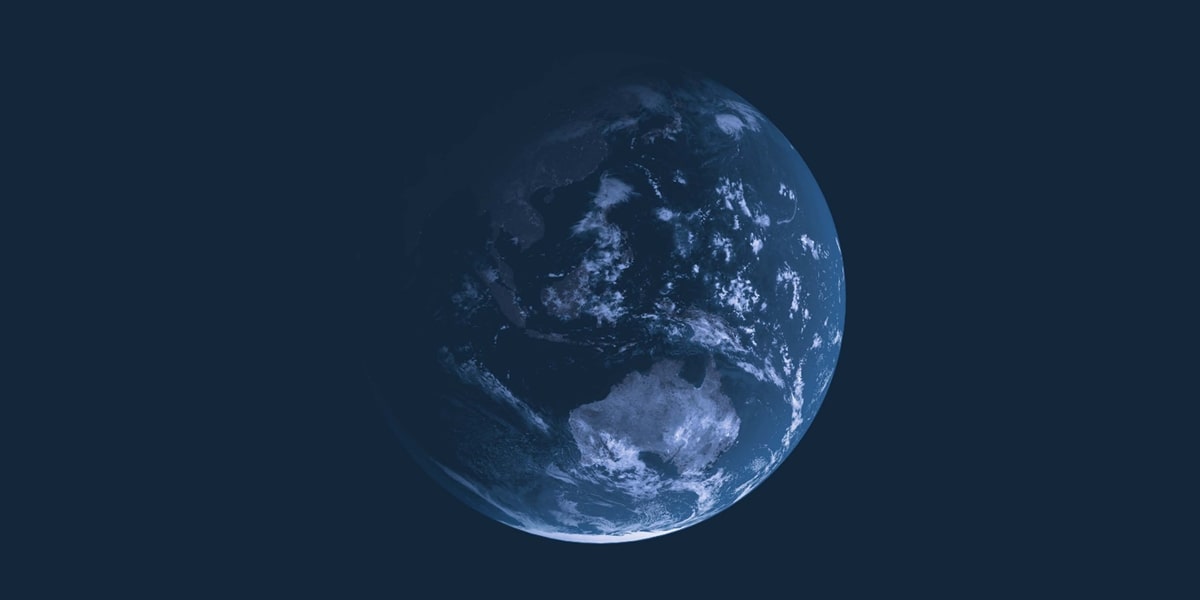For Xi, Putin’s invasion is a test run for Taiwan
Having learned from the collapse of Soviet Union, China may yet have to send its officials back to school to learn how not to put an empire back together again. Originally published in the Australian Financial Review.

Xi Jinping has long been an avid student of the collapse of the Soviet Union and forced officials at every level of the party-state to study its lessons, lest China’s ruling communists suffer the same fate.
You can be certain, then, he is paying attention to Vladimir Putin’s efforts to reverse the process and restore, if not the Soviet empire, then at least a Russian sphere of influence along its European borders.
Most of the focus on Beijing’s reaction to Russia’s invasion of Ukraine has been on its squirming diplomatic response as the crisis has unfolded.
The squirming is real. For all the professed closeness between the two countries and their leaders, who have met almost 40 times in less than a decade, Beijing does not appear to have anticipated the invasion. That alone represents a failure.
Beijing has moved from its declaration of a “no limits” partnership with Russia in early February, to an acknowledgement of Ukraine’s sovereignty, to, most recently, full-blown “whataboutism”, by blaming American provocation and past wars.
It’s early days, but a Russian failure in Ukraine would be a bad omen.
It’s an uncomfortable moment for Beijing on many fronts, because of the instability triggered by the conflict and the potential upending of energy and currency markets.
Beijing has always stood zealously behind non-interference, territorial integrity and the rights of sovereign states, all principles flagrantly violated by Putin.
Still, Beijing’s reaction makes no sense without understanding China’s own similarly ambitious territorial demands, the cornerstone of which is taking control of Taiwan, by force if necessary.
As such, the invasion of Ukraine amounts to as authentic a test run as possible for the multiple dimensions of a Taiwan conflict, on the military, diplomatic, economic and propaganda fronts.
Beijing’s timeline on Taiwan won’t be dictated by Moscow, as China will move at its own speed without immediate regard for Putin’s own military adventures.
To be clear, Beijing doesn’t want to fight for Taiwan, much preferring the route of creating political and psychological pressure to force Taipei to negotiate without firing a shot.
But nonetheless, the parallels are striking.
The speed of the military advance is crucial in both cases. In Ukraine’s case, they are hanging on foreign military aid. In Taiwan, they are banking on direct American military support.
Strategists such as Hugh White have warned that a US-China military confrontation could spill over into nuclear conflict. In Ukraine, Putin says he has put his nuclear forces on high alert.
What happens after any military conflict, assuming both Russia and China can get a comprador into the presidential palace, is just as important.
Ukraine (population, 44 million) and Taiwan (24 million) are not bite-sized automatons that will happily spring to life under new masters who will not allow them to express their views or elect their governments.
That applies doubly for Taiwan, which has deeper democratic roots than Ukraine, and a more successful economy and entrenched middle class.
Beijing doubtless has a detailed occupation plan for Taiwan buried deep in its bureaucracy, with minute planning right down to how the smallest clan association on the island would be run.
But any occupation would require a harsh and methodical unwinding of every institution on the island – political parties, the military, the media, NGOs, the church and so forth – to make them loyal to Beijing, no small undertaking.
Beijing will insist it is not occupying power because of its historical claims over Taiwan, much like Putin in Ukraine. But it will be seen as an occupier and depicted as such in much of the outside world.
Here is where the diplomatic battle comes into play.
The Ukraine invasion has triggered for the moment a sea change in foreign and military policy in Europe. It is not just that the Continent has become more aligned than ever with Washington.
Germany has pledged historic levels of new military spending. The European Union is offering Ukraine fighter jets. Switzerland, famously neutral, is weighing freezing Russian assets. None of this was predictable even a few weeks ago.
China, however, is a more powerful state than Russia, has a more stable political leadership and is the biggest trading partner of just about every country in Asia, and the rest of the world.
China will have been chastened by the display of unity in developed nations over Ukraine but, equally, it will have been encouraged by the response in the region.
Japan has been outspoken about Ukraine, in large part because it can see the parallels with Taiwan. In South Korea, the presidential election is gripped by debate about how tough to get with Beijing.
But elsewhere, by and large, with notable exceptions such as Singapore, south-east Asian nations, including in statements issued by ASEAN, their regional grouping, have avoided condemning the invasion.
In some cases, that’s because they are close to Russia and rely on it for arms, like Vietnam. Generally, however, it is the region’s reflex response, to avoid taking sides.
Beijing, then, will be counting on the support of Russia in any Taiwan crisis, and in most of the countries nearby sitting on their hands.
It’s early days, but a Russian failure in Ukraine would be a bad omen.
Xi might yet have to send his officials back to school, not just to study how an empire fell apart, but how not to put it back together again.


